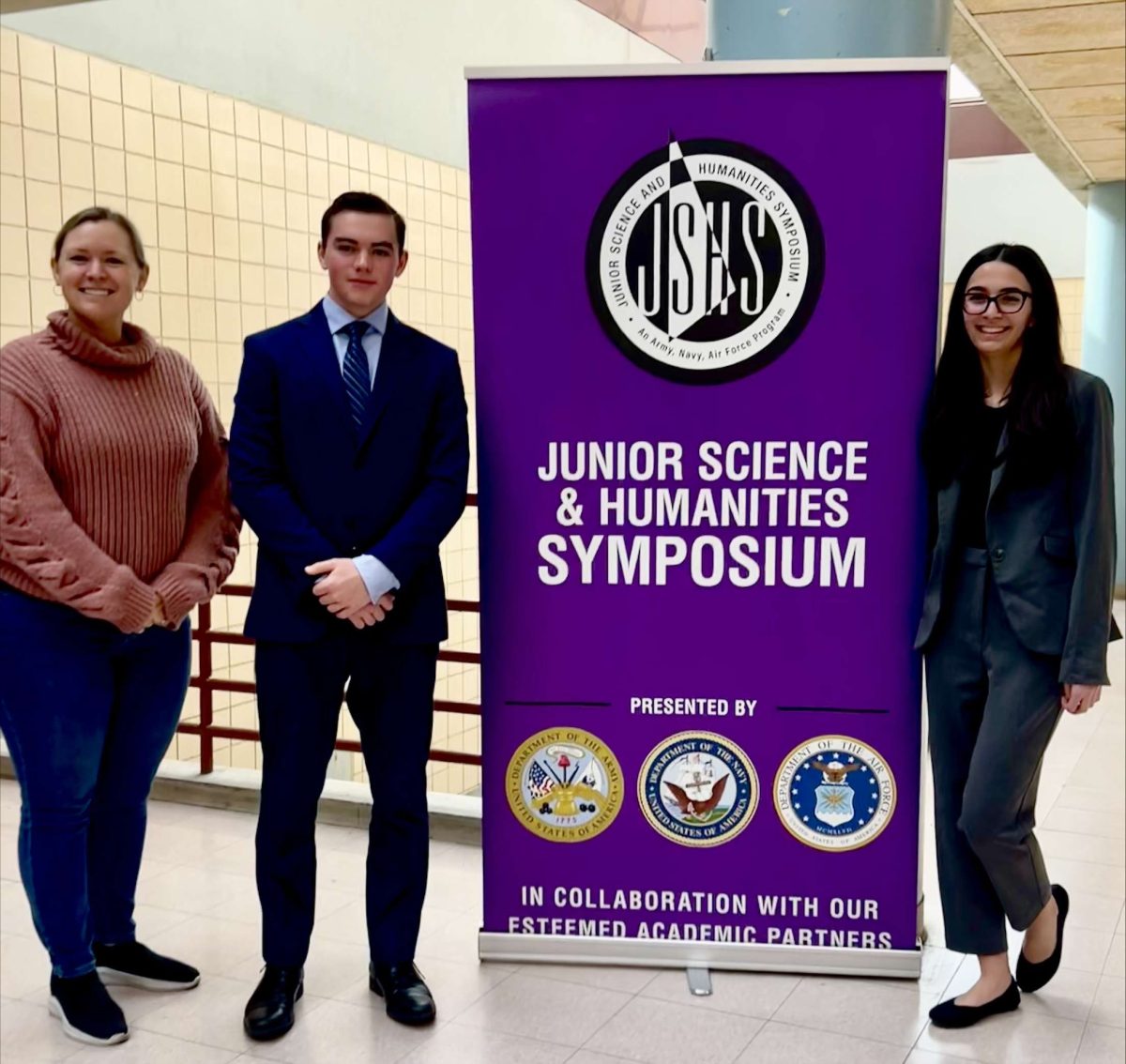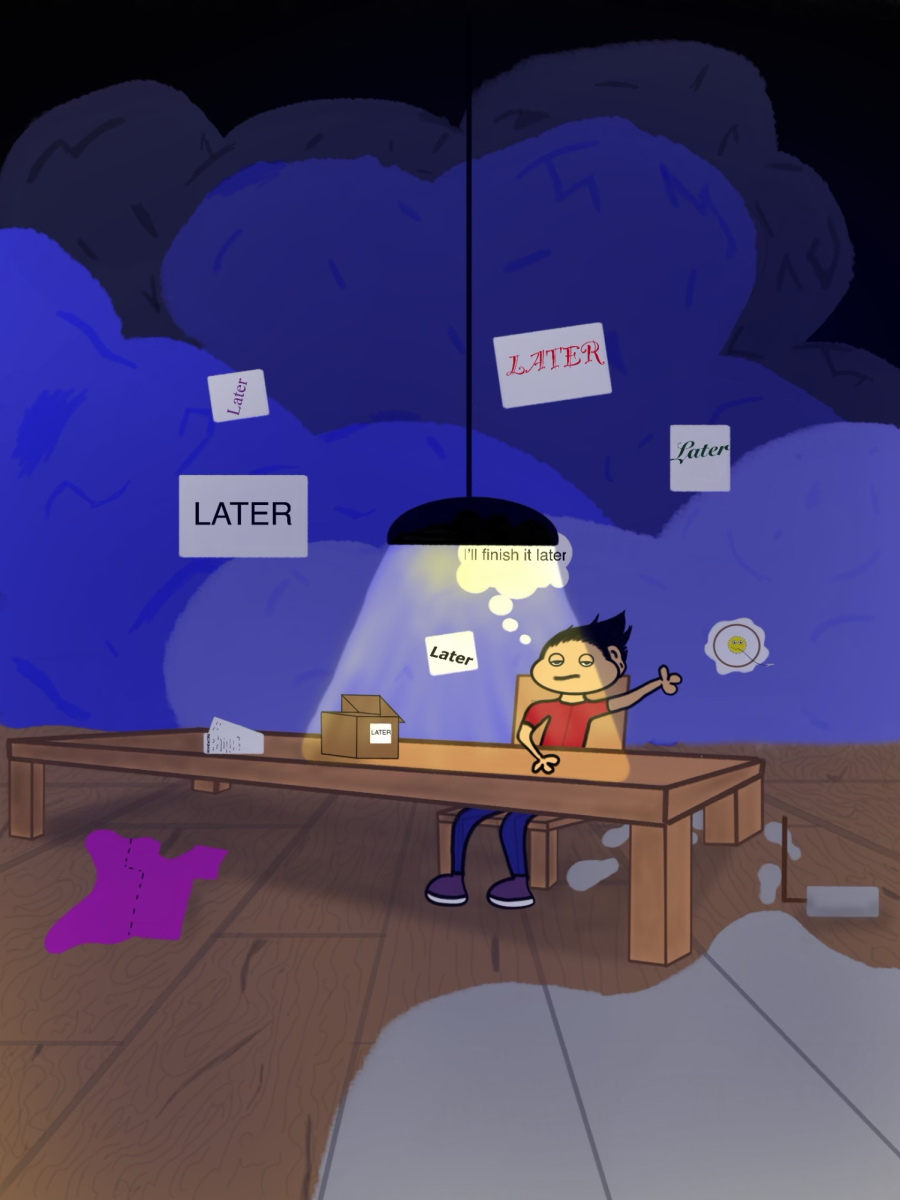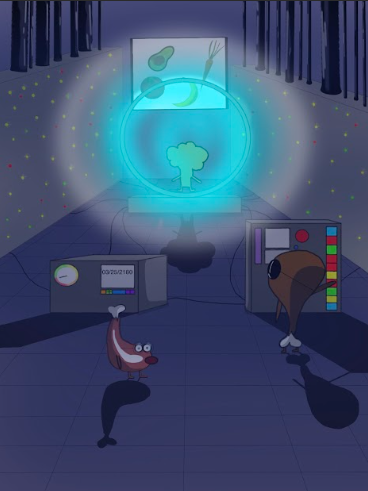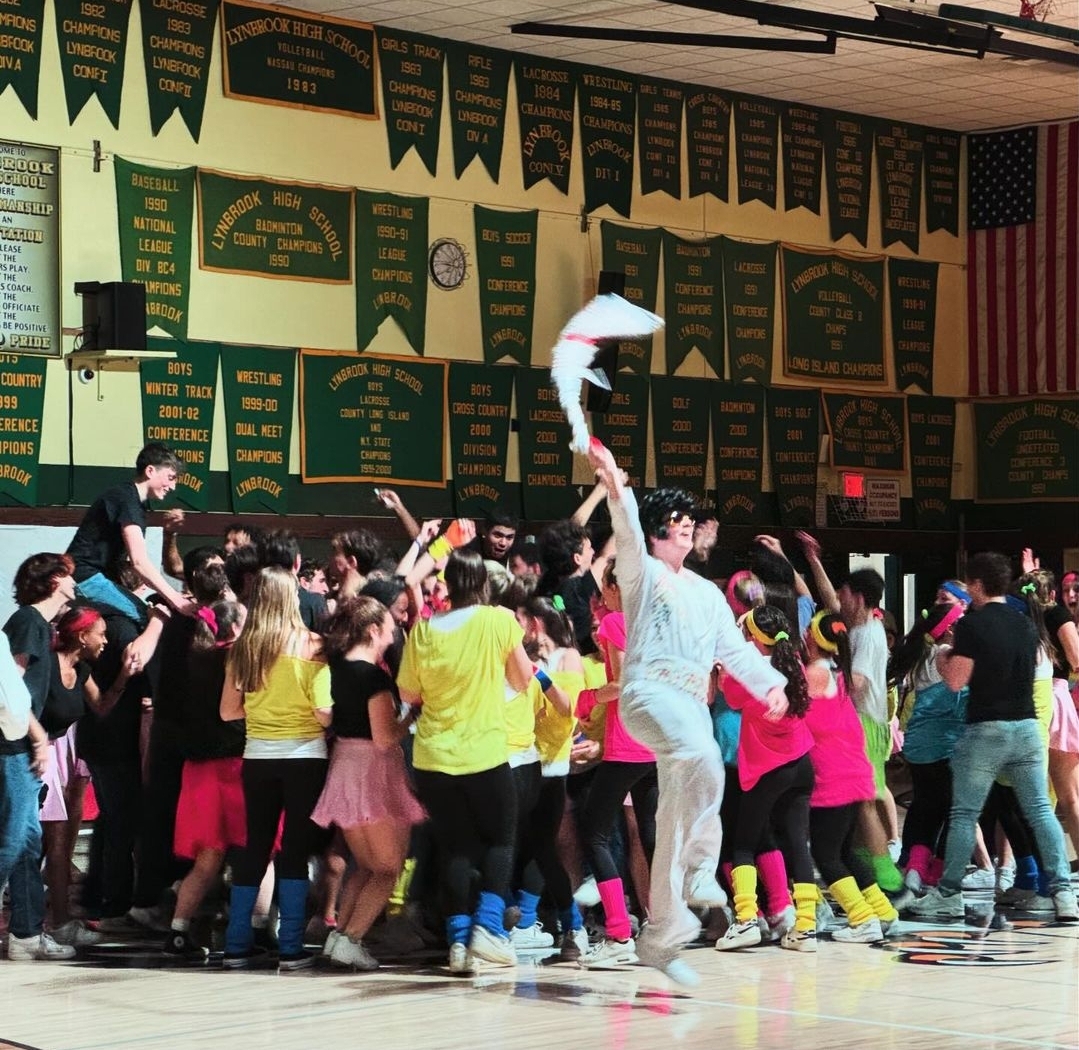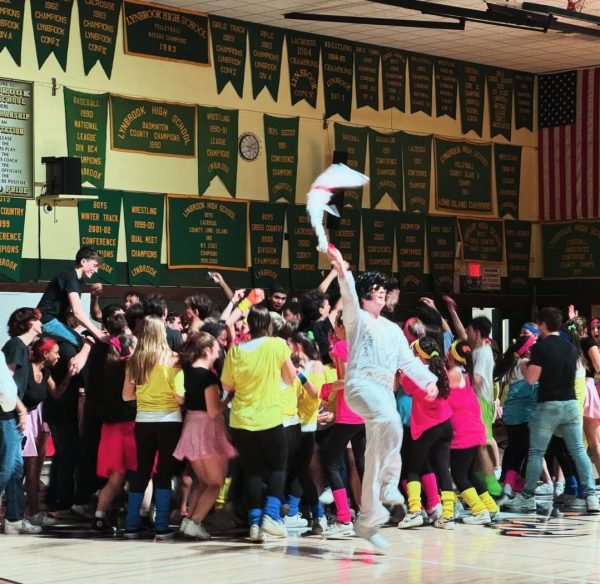The Future Is Coming, and Fast!
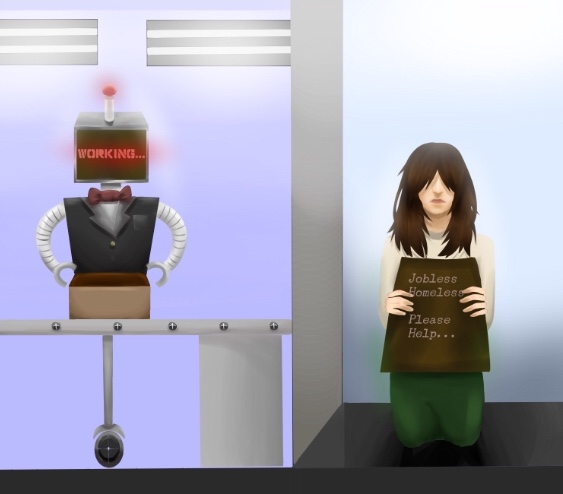
Illustration by Zoe Zou
When one thinks about “the future,” his/her mind might go straight to robots. One of the main components of the distant future that is often portrayed in books and movies is robots. However, these machines are beginning to become a part of the world today, and many people are worried that robots will take over many jobs in the not-so-distant future.
The first robot was built in 1954, but it was not until much later that people began to worry that these contraptions would take over professions. Matt Simon from Wired (wired.com) stated, “2017 was the year that the robots really, truly arrived.” Robots that are being created have the characteristics of humans and have been enhanced to have superior abilities. For example, a robot called Atlas made by Boston Dynamics has many features that enable it to complete tasks. Boston Dynamics’ website explains, “Atlas’ ability to balance while performing tasks allows it to work in a large volume while occupying only a small footprint. Stereo vision, range sensing, and other sensors give Atlas the ability to manipulate objects in its environment and to travel on rough terrain. Atlas keeps its balance when jostled or pushed and can get up if it tips over.” This proves how advanced robots are and how they are becoming “super humans.”
While robots will likely have the ability to take over all different kinds of jobs one day, right now, there are some jobs that have a higher chance of being taken over than others. Many professions, including accounting, journalism, taxi driving, and law, have a probability of disappearing faster than others. These jobs require intelligence and counter the theory that jobs that require studying will be safe from being conquered by robots. In a Jan. 19 Fast Company article entitled “Bet you Didn’t See This Coming: 10 Jobs That Will Be Replaced By Robots,” Phil Burton-Cartledge, the program leader for sociology at the University of Derby in the U.K., recommends, “When it comes to advice about higher education, I’d recommend students go for more generalist as opposed to specialist degrees, whether in the human, natural, or computer sciences. A broad range of skills and competencies is the best way to future-proof people for the challenges coming down the line.”
While this news may seem alarming, as previously stated, there are many professions that will not be taken over by these high-tech machines. Studies show that trade jobs are a safer path for young people to take to secure work in the future. According to the article “10 Jobs that are Safe from Robots,” written for the website The Balance Careers (thebalancecareers.com) by Jen Hubley Luckwaldt, some jobs that are at a lower risk of being taken over are first-line supervisors of mechanics, installers, repairers, occupational therapists, healthcare social workers, and recreational therapists. These jobs all involve having to fix problems, whether they be physical or mental. However, there are other jobs that do not require fixing, such as teachers, salespeople, and instructional coordinators, which may also be safe from being taken over according to Linkedin’s website(linkedin.com).
Many young adults and teenagers are beginning to worry about their future. When freshman Zaid Khan was asked if he believed his future was in jeopardy, he responded, “Yes. I think if [the rise of the robots] continues, I won’t be able to find a job.” Other teenagers are not as worried. Freshman Julia Reis explained how she felt about robots: “I guess [the effects of the robots] could go either way. Jobs will not be available, which is obviously negative. However, these machines could be an advantage and help to alleviate hard labor.”
These facts may be shocking and scary to younger generations because their dream jobs may not be available to them in the future. For these generations, it is important to think about the professions they want to study to ensure future job security.

I am Emma Ward, and I am the News and Opinions online editor for Horizon. In my free time, I enjoy playing tennis, working out, and hanging out with my...


